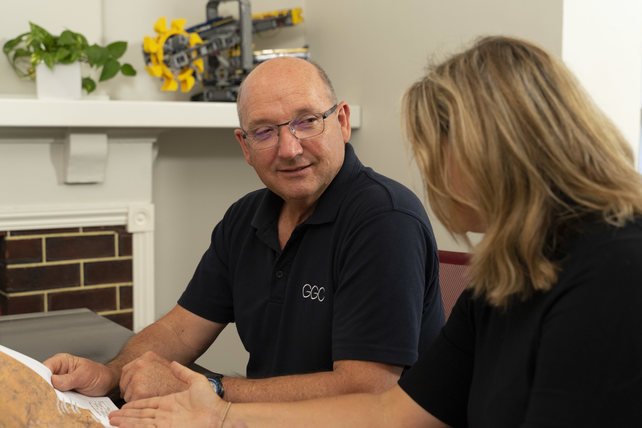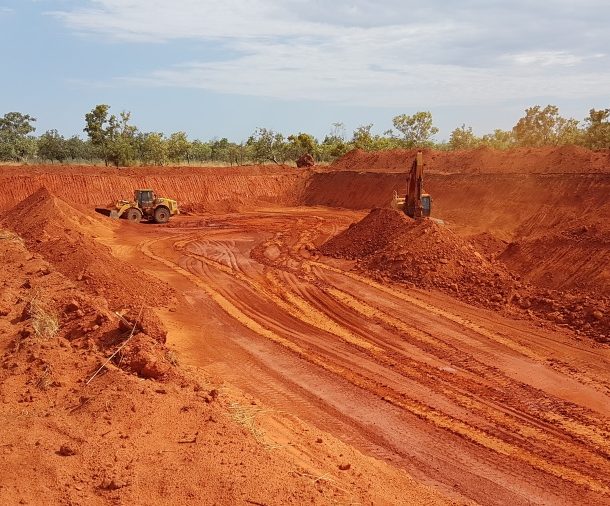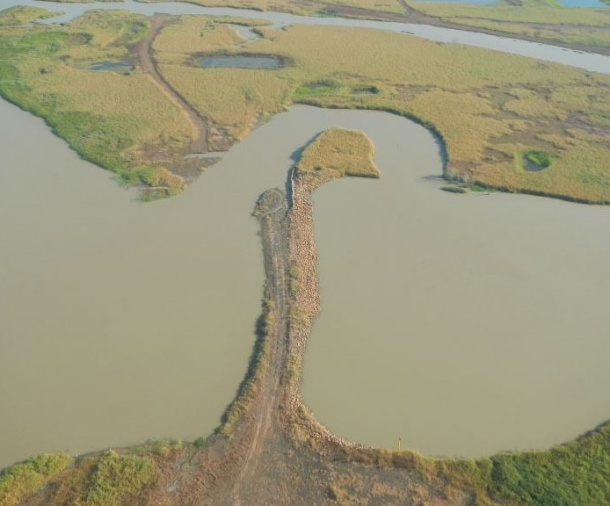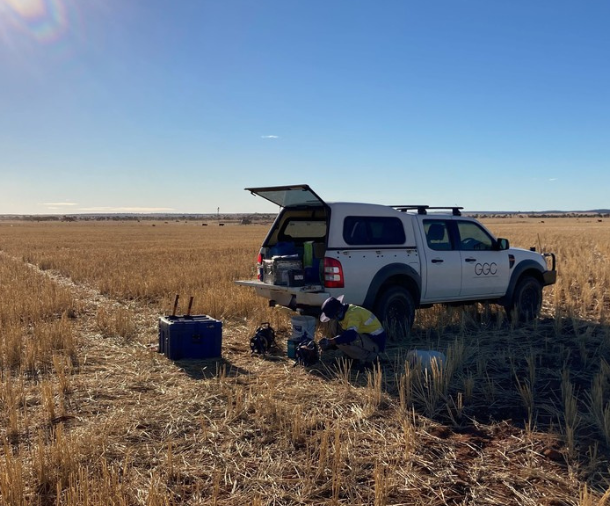Engineering Design
Engineering design in geotechnics requires specialist knowledge of engineering theory, material mechanics, detailed design but most importantly an understanding of the individual site and its constraints, often supplementing text book theory with local construction experience. We appreciate our clients needs and provide engineering designs that are robust, refined, and practically achievable.
Our engineers have provided geotechnical input for piles and deep foundations on some of Western Australia’s largest projects both on land and over water. We are able to use our up to date knowledge to provide advice from investigations and concept design stages through to detailed design, installation and verification of piles for temporary works and for permanent solutions. We have experience in designing and verifying a range of piles including driven, bored, screwed, micro and sheet piles.

The analysis, specification and verification of cost-effective and technically efficient foundation solutions requires a detailed understanding of the subsurface soil, rock and groundwater conditions and knowledge of soil mechanics and engineering geology principles. Our expertise can help you to optimise the foundation solutions for your project and the site-specific conditions. We can provide foundation recommendations and design input for all stages of your project and for all foundation types supporting houses, apartments, office-blocks, commercial buildings, machine bases, conveyors, non-process and process mining infrastructure (including ball mills power-generating turbines, cruchers and screening plant), wharves, jetties and ports, bridges and temporary structures (including mobile crane pads, piling rig platforms, etc).
One of the key ways to manage geotechnical risks is through ground improvement regimes. GGC identifies, designs and verifies a broad range of ground improvement techniques to develop an efficient methodology to remediate a site.
We undertake ground retention design and verification works for a variety of retaining systems including: ground anchors, soil nails, cantilever walls, anchored (or propped) walls, diaphragm walls and gravity retaining walls. GGC personnel have also delivered grout block retention systems and combi-pile walls to suit a variety of infrastructure projects.
GGC uses our experience to develop a geological model and identify the likely slope stability mechanism. We have the technical capability to undertake numerical analysis to assess the likely Factors of Safety against instability as well as identifying appropriate risk mitigation issues to address the appropriate mechanism. GGC also have the skillset to undertake the specification, construction support and verification of slope protection system.
Our engineers routinely provide assessment, investigation and specification advice for working platforms for piling rigs, tracked plant and heavy equipment. We are able to mobilise to site quickly to provide an on-site assessment and advice. If there are specific challenges, such as high loads, soft subgrade conditions, nearby slopes or sensitive structures; our experienced team can present options and provide solutions.
Pavement Design and Specification for light vehicles, heavy goods vehicles and haul roads, and Heavy Duty Pavement Design Specification for warehouse pavements, port pavements and pavements subjected to very high loads from carnes, reach stakers and forklifts.
We are able to provide advice on dewatering, seepage control and surface water management during construction to minimise risks to the project. We are able to mobilise quickly to site to investigate the subsurface conditions, monitor groundwater conditions and provide interpretive engineering input.
GGC have been involved in track structure assessment for heavy haul and narrow-gauge rail, ground improvement and design over high plasticity clays and expansive soils, for numerous rail projects across Australia. The experience of our staff ranges from the execution of rail alignment selection, investigation, material specification, embankment and cutting design and construction monitoring.
Geotechnical and Geological Consultants pty ltd operates a formal integrated management system that outlines our approach to quality assurance, health and safety and environment management. Our policy statements for quality, health and safety and environmental management can be provided on request






